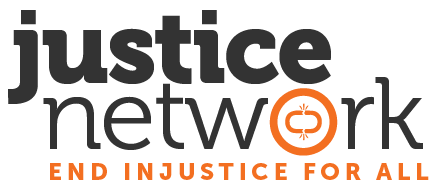As we have discussed in many of our posts, it is entirely possible for anyone to become a victim of Human Trafficking. Almost anyone can be tricked, manipulated, exploited, or forced to do something against their will. A person of any gender, race, ethnicity, socioeconomic status or education level can become enslaved. There are however, certain people that are more likely to be targeted by traffickers than others. These people include:
- Marginalized youth: including homeless, runaways, and LGBT youth
- Foreign Nationals: may travel alone, are tricked into traveling, or are abducted and transported involuntarily
- Institutionalized: have been in foster care or juvenile detention centers
- Have a history of abuse or trauma: including sexual abuse or assault, physical abuse, or neglect
- People that seem vulnerable: display lack of self-esteem or low self-confidence, are poor, are struggling with addiction, are mentally ill, or are disillusioned in some way(for example, they may not trust the police)
Traffickers know what signs to look for and employ effective recruitment methods to trap and control their victims. By educating yourself and others on the risk factors you are staying one step ahead of these predators when it comes to recruitment. It is important to remember that there is no “typical profile” for a victim. Many of these victims are part of our community, interacting with us on a daily basis, and suffering in silence. By educating yourself and others on these risk factors you may also be able to identify someone that needs help.
What You Can Do
If you suspect that someone may be a victim of human trafficking call a help line immediately. The National Human Trafficking Hotline is 1-888-373-7888. Text INFO or HELP to BeFree (233733).
Remember, human trafficking is the fastest growing crime in the United States and in the world. By understanding the issue and recognizing the signs you can help make a difference.
